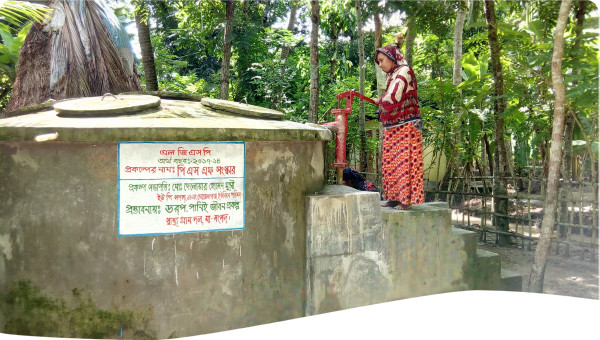In developing countries, water distribution systems are designed for continuous water supply (CWS) with peak factor between 2.0 and 3.0. While in practice, water is supplied for restricted hours in the morning and evening hours for various reasons. One of the assumption is that under intermittent water supply (IWS), water consumption in residential areas is less compared to CWS. A study was conducted in four Indian cities to evaluate influence of IWS and CWS on domestic water consumption. The selected water distribution system (WDS) represents specific situation in each city. Water consumption data was repeatedly collected through water meter readings in all the cities. The same WDS was switched over to CWS for few months with prior information to the residents. Water consumption was again measured under CWS mode of operation. Statistical analysis of water consumption was done for all the four cities under both modes of operation. The study indicates that domestic water consumption depends on adequacy of water supply, under IWS mode of operation. Water consumption do not change appreciably under CWS, if consumers water demand is satisfied under IWS.
Description / Abstract
Publication year
Country
Region
Publisher
Thematic Tagging
English
 Resource -
Resource -
